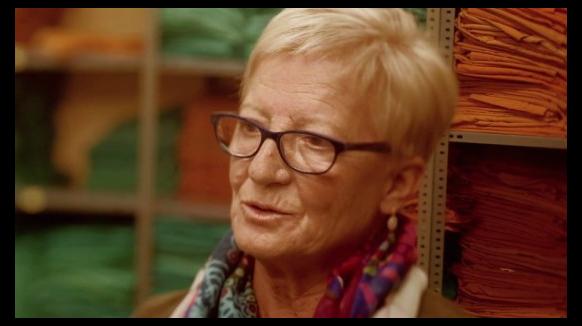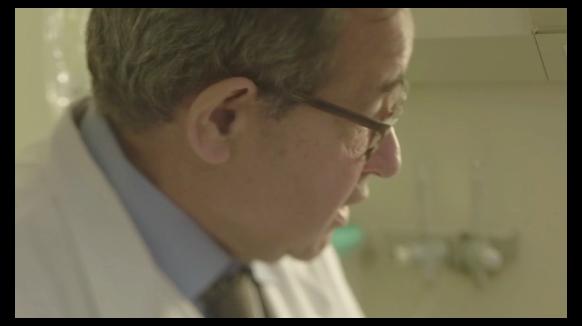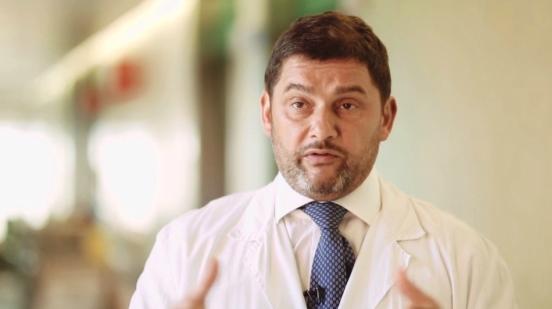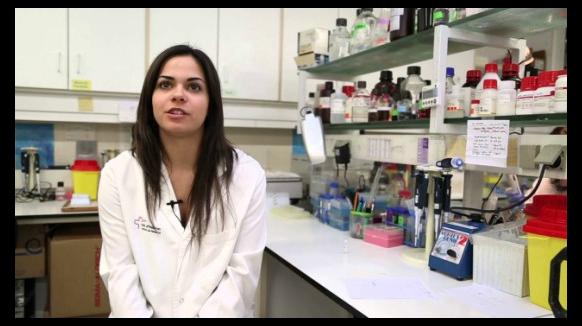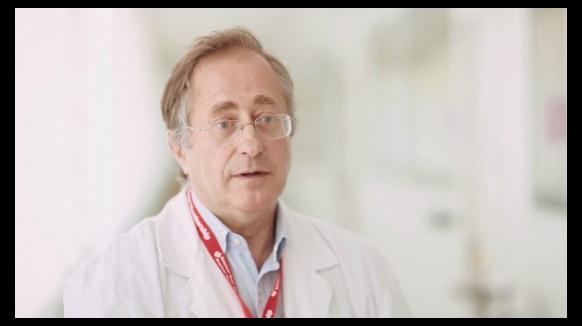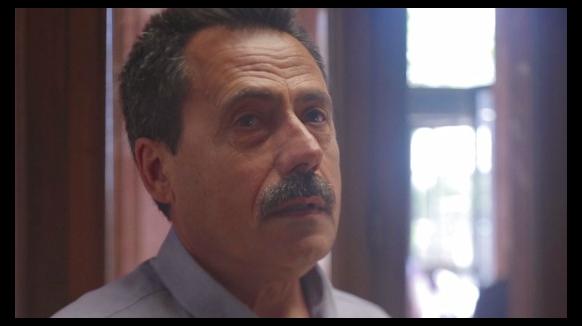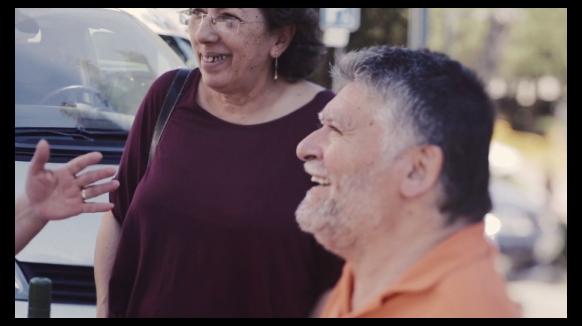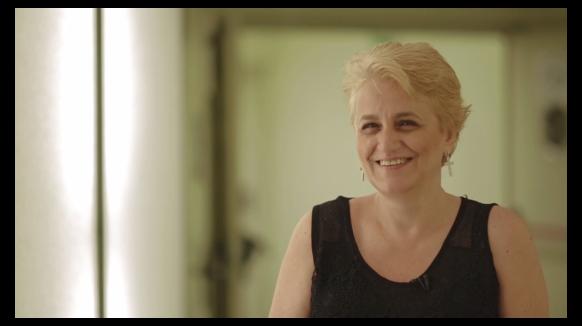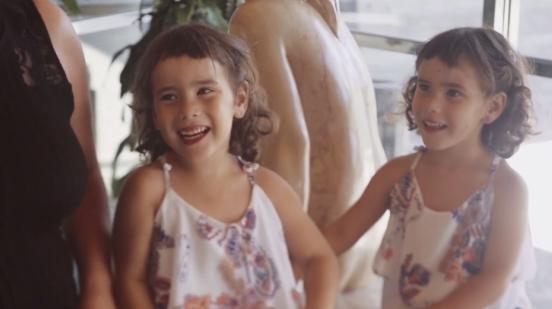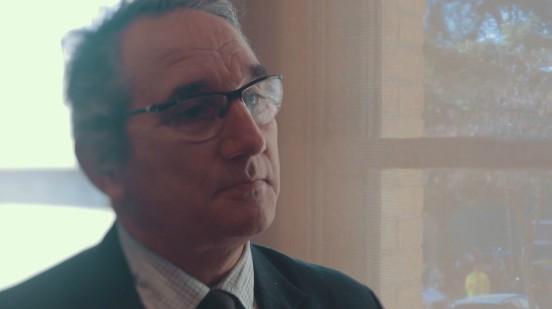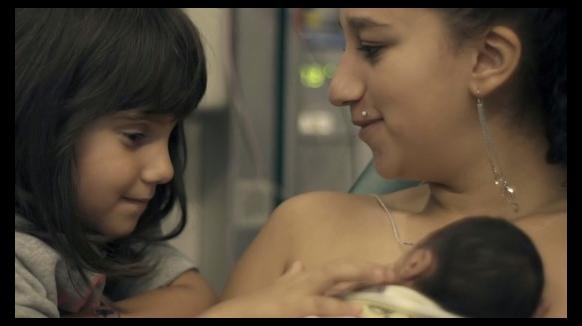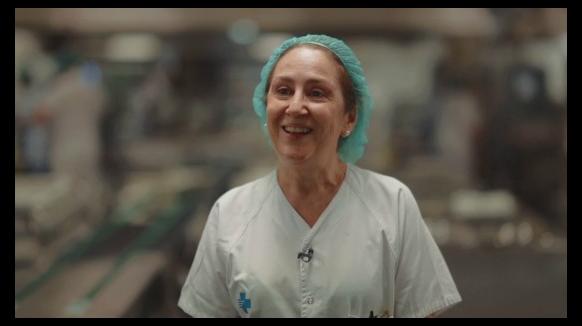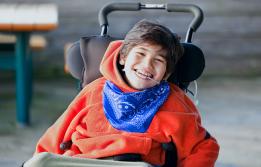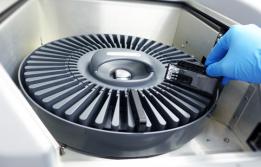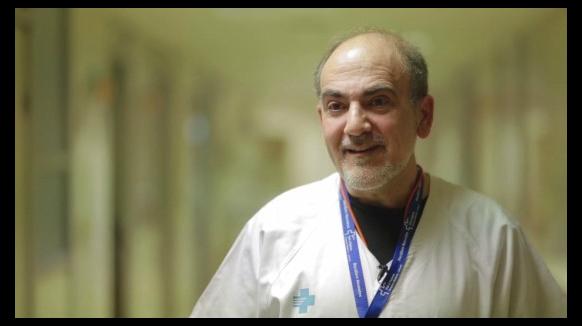Neonatology
At the Neonatology Department, we are committed to offering personal, individualised care focussed on the development of the baby and encouraging family participation as a key element in the process.
Description
At the Neonatology Department, part of the Maternity and Children's Hospital at Vall d'Hebron University Hospital, we are a reference centre for various techniques improving the lives of infants, such as: foetal therapy, ventilation needs and specific invasive respiratory assistance, surgical interventions and cardiac malformations. In addition, we use special blankets in the incubators that protect from noise and light, and we reduce the noise and level of lighting in the room. We aim to maximise the parents' participation in their baby’s care, in close collaboration with our nursing staff. We favour an open-door policy and promote skin-skin contact, or the kangaroo care method, for mothers and fathers, as well as breastfeeding.
A service designed around the baby
Parents are welcome to enter the Neonatology Unit 24 hours a day to be with their child, and have a room available where meetings are also held so they can share experiences with other parents and staff from the Unit.
All this means we have been certified as a centre for NIDCAP training (Neonatal Individualised Development Care and Assessment Program), which promotes an active role for parents throughout the process, with support from staff from our Department.
We collaborate closely with the Obstetrics Department and other specialists and departments involved in providing care before and after discharge, in order to guarantee continuity of care. In this field, we can highlight three pioneering programmes at the national level: the Siblings Project, the "Almost like home" programme and the “Space to talk” programme.
- The first programme of its kind in Spain, the Siblings Project aims to humanise the neonatal ICU through a workshop for the siblings of new-born babies. Through a series of games, we detect concerns among the children and their families about the newly born brother or sister who has been admitted to the ICU.
- The Almost like homeprogramme allows families to have a space where, for 48 hours, they can apply all the care they have learned to take care of the baby on their own in a well-equipped, supervised space, for cases where care cannot be offered through the Home Care Programme. This means that when they can go home, they can rest assured they are correctly applying the techniques they have learnt to treat their baby.
- Also praised by the Spanish Ministry of Health as a good practice is our programme offering a space for mothers and fathers who have lost their baby during pregnancy or within the first days after birth. Known as the Space to talk programme, it helps parents cope with perinatal mourning.
Organisation
We are structured into the following healthcare areas:
- Neonatology and maternity. New-borns in "rooming-in": babies admitted to the obstetric ward with their mother. It is located on floors 7 and 10 of the maternity building.
- Neonatology hospitalisation: offers 24 beds distributed across six bays. It is located on the 2nd floor of the children's building.
- Intermediate Care Unit: has 20 care stations distributed across two bays. It is located on the semi-basement of the children's building.
- Intensive Care Unit: has 25 care stations (4 isolation booths and the other 21 distributed across three bays). It is located in the semi-basement of the paediatric building.
- Neonatology follow-up: outpatient activity. It is located in the semi-basement of the paediatric building (door 15).
- Hospital-at-home: offers 12 virtual beds.
Portfolio of services
- Care for very immature babies (birth weight less than 750 g and/or gestation less than 27 weeks).
- Specialist care in the birthing room.
- EXIT procedure for malformations compromising the upper airway.
- Foetal operations and diagnosis/treatment in perinatology.
- ECMO technique for cardiovascular and respiratory support, where conventional treatment for circulatory and respiratory failure does not work.
- Care for patients in acute renal failure: peritoneal dialysis, continuous or pump-assisted haemofiltration systems.
- Care for patients with chronic kidney disease: conventional treatments and kidney transplants.
- Technology offering all invasive and non-invasive treatment options (synchronised ventilation, high-frequency ventilation, synchronised CPAP) and treatment with NO inhalation.
- Invasive and non-invasive technology to monitor new-borns. Incorporation of cerebral oximetry monitoring and continuous electroencephalographic monitoring.
- Preoperative and postoperative care for neonatal patients affected by malformative syndromes: heart, digestive, intestinal, neurological, ophthalmologic, ear nose and throat and other medical/surgical specialties.
- Treatment for hypothermia in the case of hypoxico-ischemic encephalopathy.
- Inpatient treatment and outpatient follow-up for new-borns with severe nutritional problems dependent on chronic parenteral nutrition.
- Support from an occupational therapist.
- Collaboration with the ONCE organisation in assessment and visual stimulation of new-borns with high risk of visual disability.
- Psychological support for families of new-borns admitted.
- Home hospitalisation programme.
- Combined hospitalisation programme.
- Monitoring programme for high-risk new-borns, multidisciplinary in close collaboration with primary care centres.
- Support for the Obstetrics Department in high risk obstetric and foetal surgery, and support for the Congenital Defects Committee.
- Wide range of diagnostic techniques with functional laboratory and diagnostic tests for highly specific imaging. Incorporation of a magnetoresistant incubator for explorations using nuclear magnetic resonance (NMR).
- Diverse range of consultants for different paediatric specialties (cardiology, pneumology, gastroenterology and hepatology, nephrology, haematology and oncology, neurology) and other medical and surgical specialties (ophthalmology, paediatric surgery, neurosurgery, orthopaedics and traumatology, ENT, diagnostic imaging and interventional radiology, anaesthesia, heart surgery, vascular surgery, plastic surgery, genetics, rehabilitation).
Download our Parent Guide.
